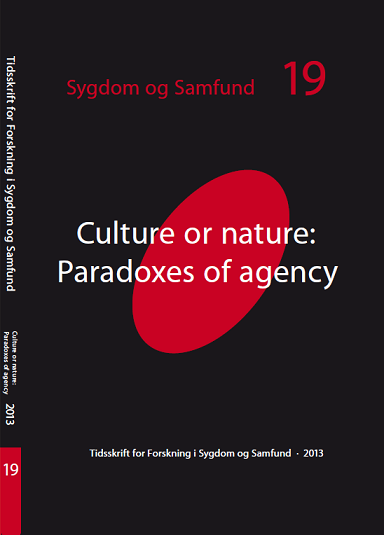Publiceret 2013-11-23
Citation/Eksport
Resumé
This paper explores the widespread use of numbers in health education programs and provides a reflection on the interplay of the medical and moral significance of numbers. Furthermore, the paper points out how patient schools are captured in a borderland space where moral and medical rationalities merge, clash, and collide. Empirical examples from an ethnographic study of six patient schools illustrate different practices where educators and participants reflect and act upon numbers in different ways.
We argue that in the settings of patient schools numbers have become a symbolic form or language that point towards a broad range of natural and cultural phenomena. Drawing on Mattingly’s notion of ‘moral laboratories’ (Mattingly, 2012) we argue that what is to be cultivated in these pedagogical settings are not plants or microorganisms or scientific knowledge, but knowledge of body and self. This knowledge should ideally – if given proper care and guidance – grow strong enough within the confines of the moral laboratory to be able to survive and grow stronger in the participants’ everyday lives. Finally we show that even if the use of numbers is being stretched to include not only the medical, but also the psycho-social domain some numbers seem more ‘real’ than others within this field of practice: The ‘phenomenological’ or self-assessed numbers, as well as the appliance of numbers to ‘human kinds’ (Hacking, 1992), is contested and controversial.

